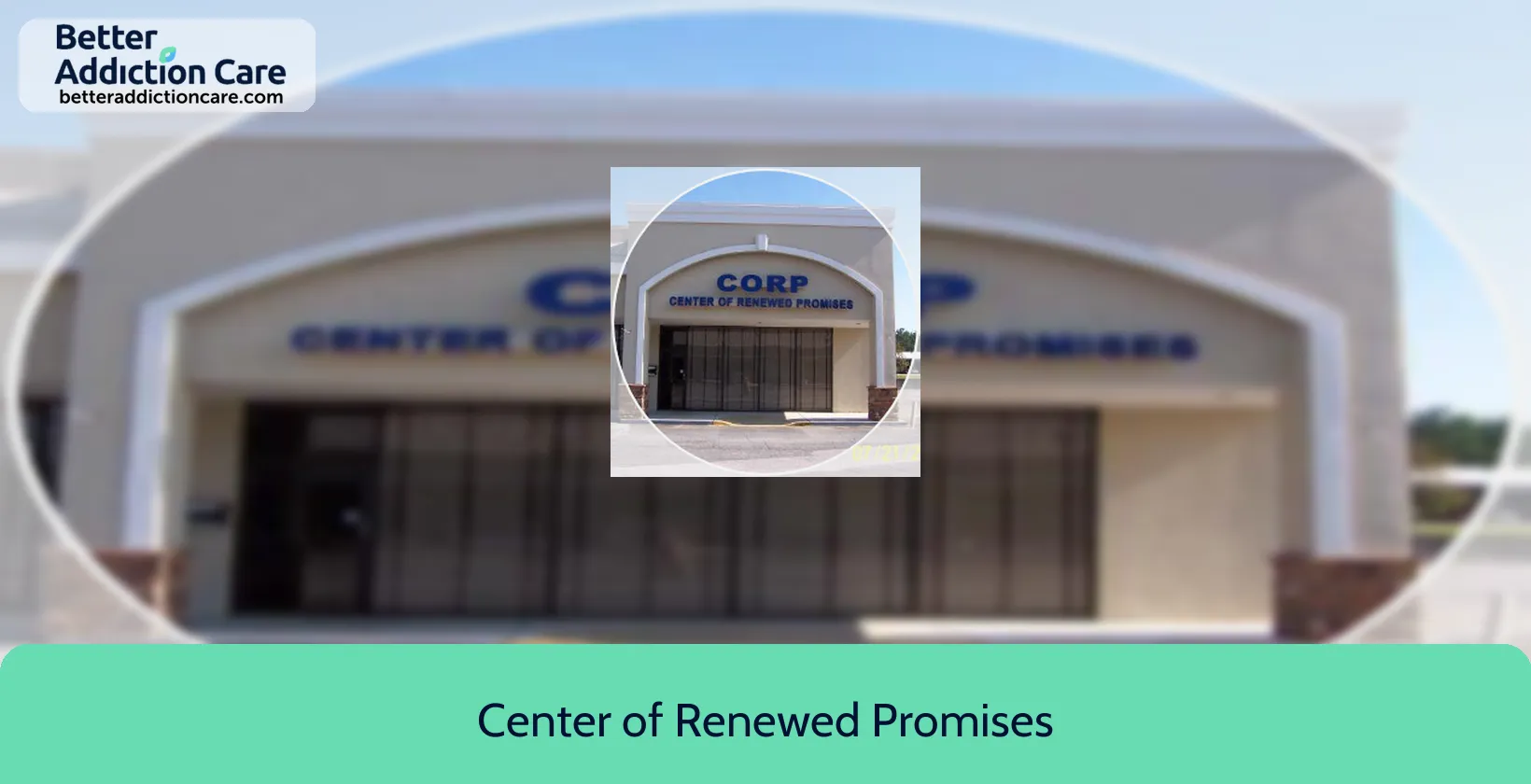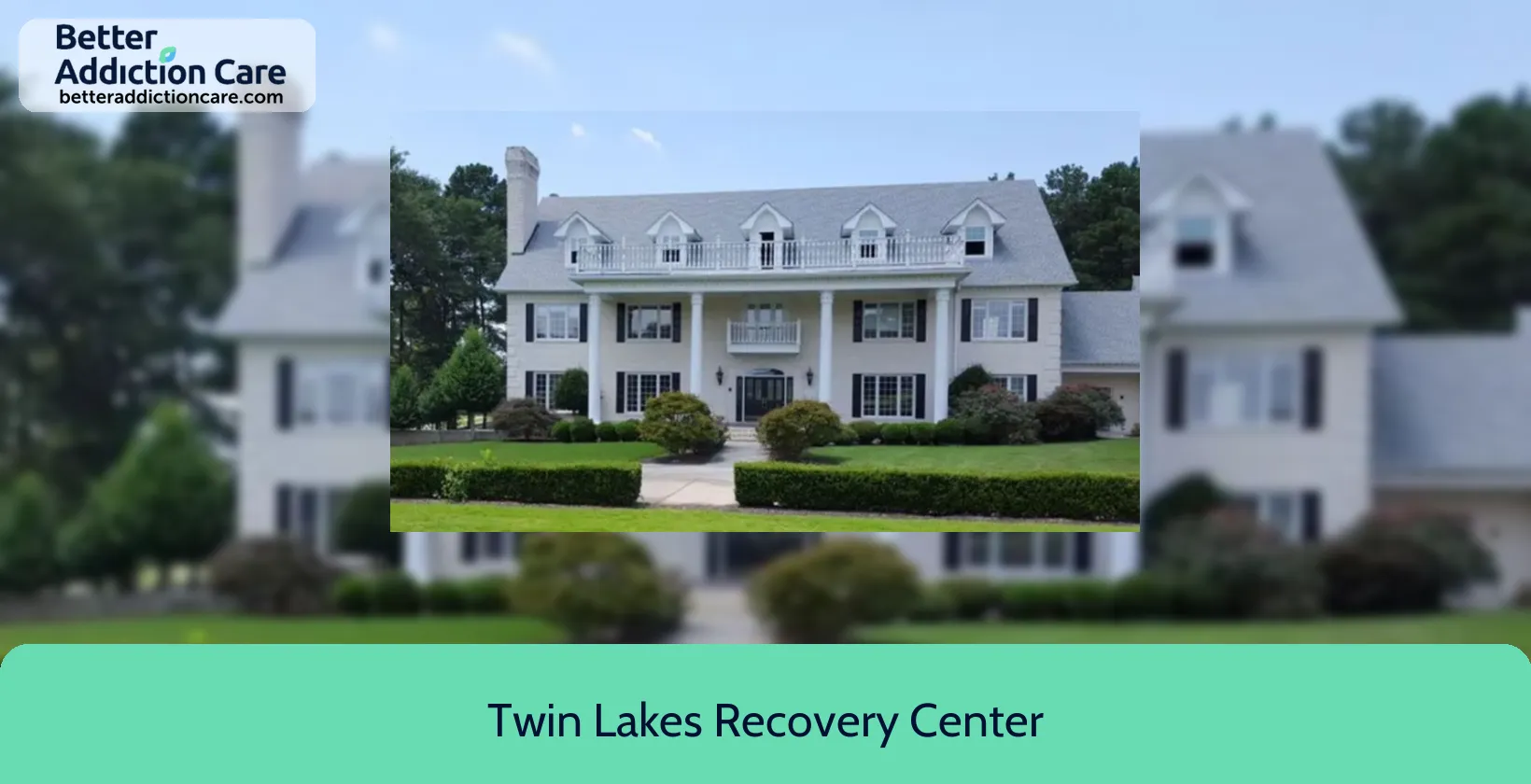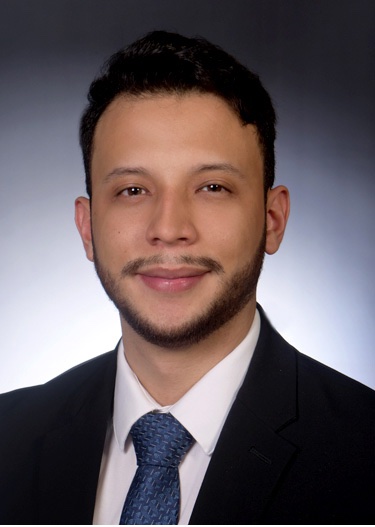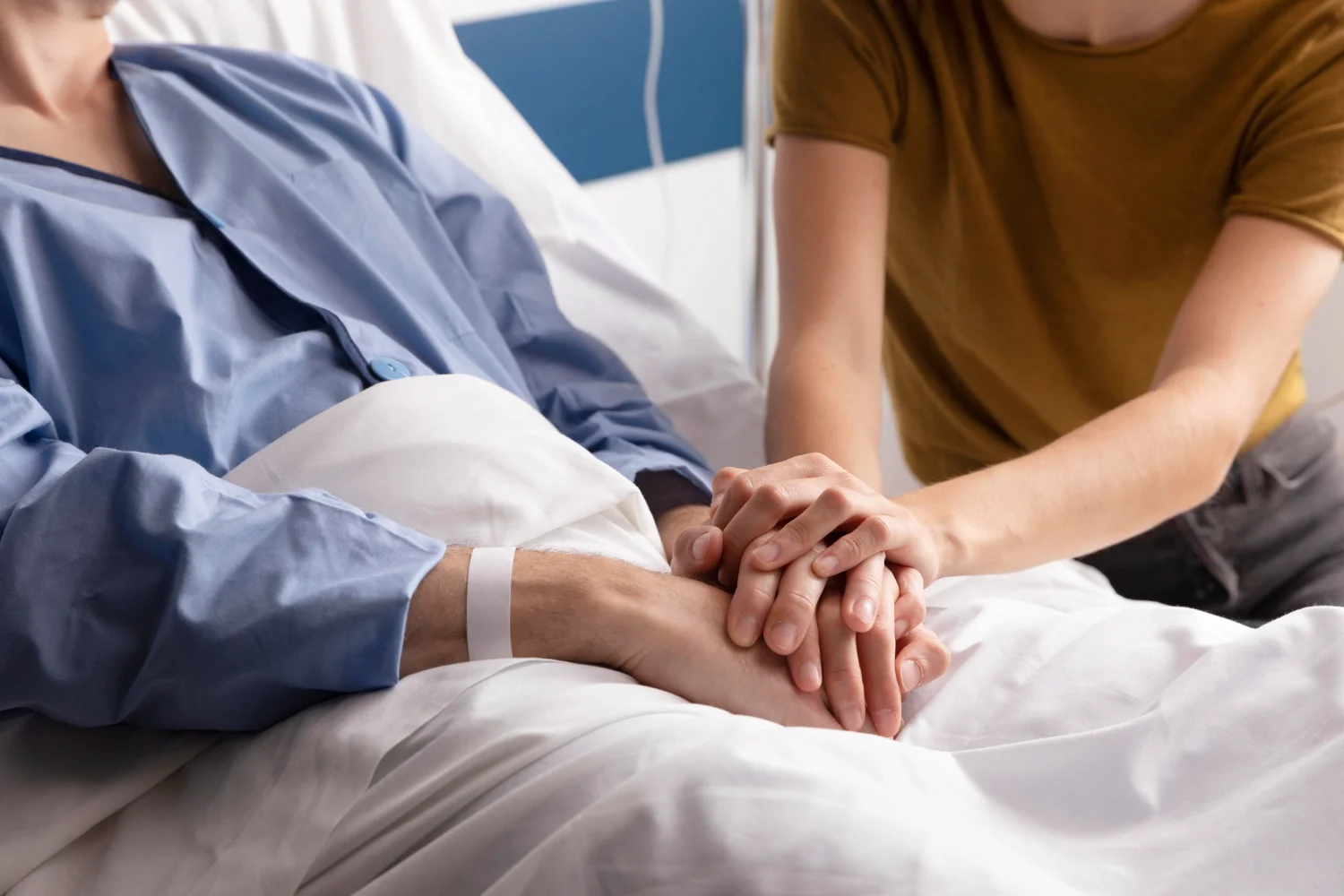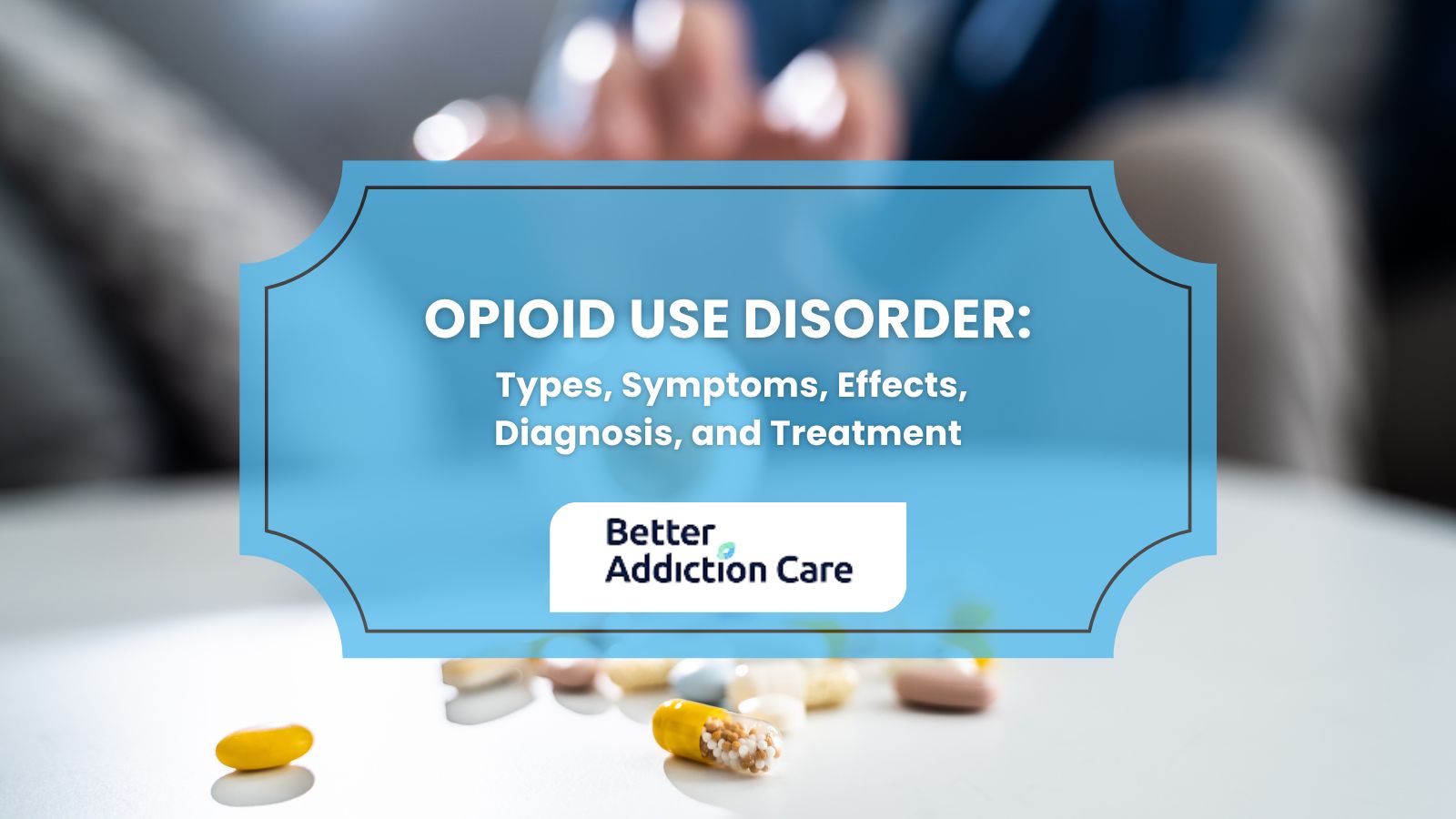345 Best Alcohol & Drug Rehabs in Georgia 2024
Georgia, also known as the “Peach State,” is known for its beautiful landscapes, which range from mountains to pretty cities. With a population of about 10 million, Georgia is home to a variety of rehab centers dedicated to helping those struggling with substance use disorders and mental health issues.
Whether you're dealing with substance abuse disorders or mental health issues, finding a rehab center that fits your specific needs can make all the difference in your recovery process. If you’re looking for a rehab facility in a big city like Atlanta or a peaceful, rural setting, Georgia provides many options to accommodate different needs and preferences.
This article aims to provide a comprehensive overview of rehab centers in Georgia, including their characteristics and the services offered. It can also serve as a guide to help you choose the right facility for your needs and ensure you find the best support for your recovery.
When seeking recovery from addiction or mental health challenges in Georgia, finding the right rehab center is essential. Georgia offers a variety of top-notch facilities that provide comprehensive care and support, addressing different needs and preferences. The following is a list of the best rehab centers available in the state of Georgia:
345 Treatment Centers in Georgia, US




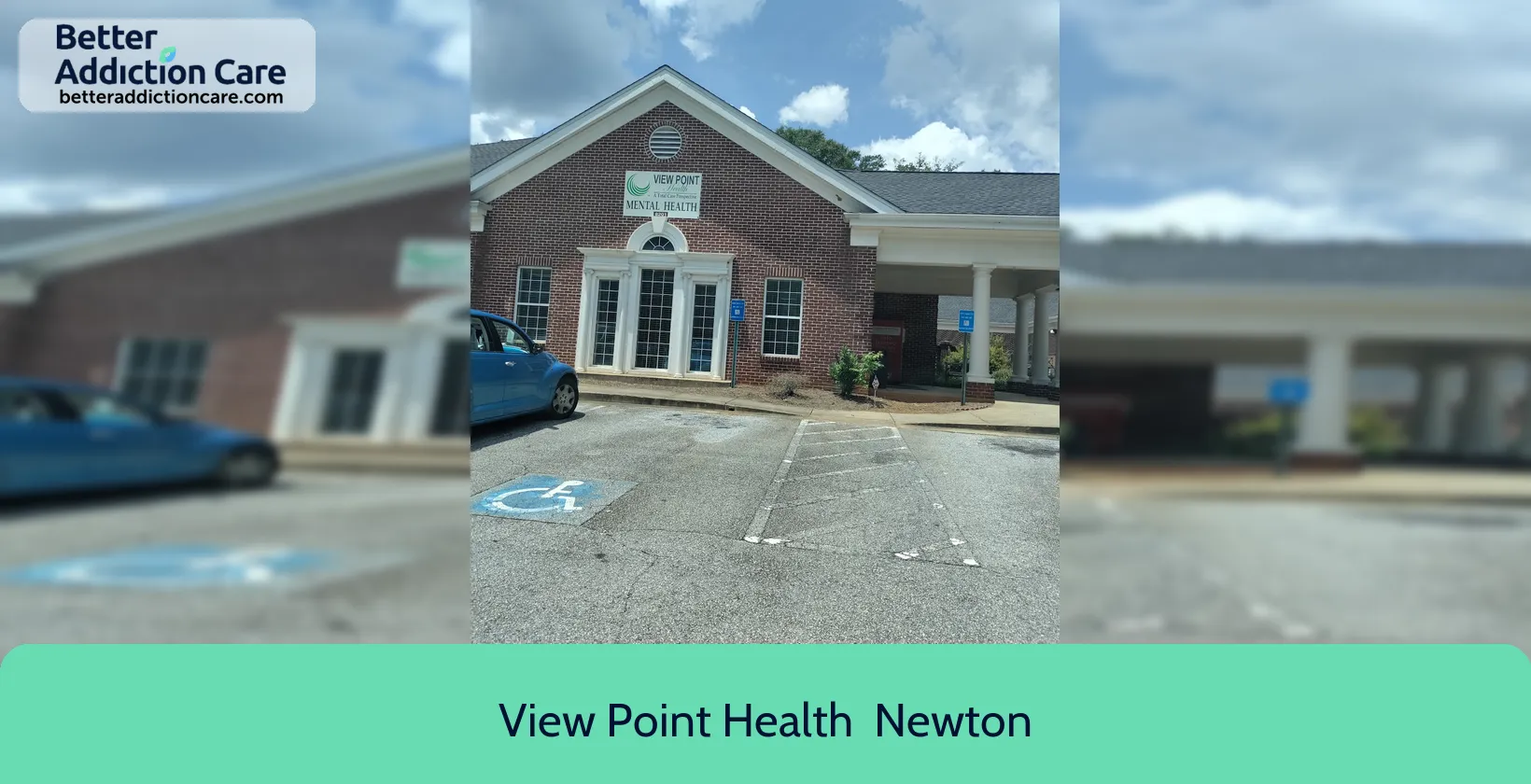

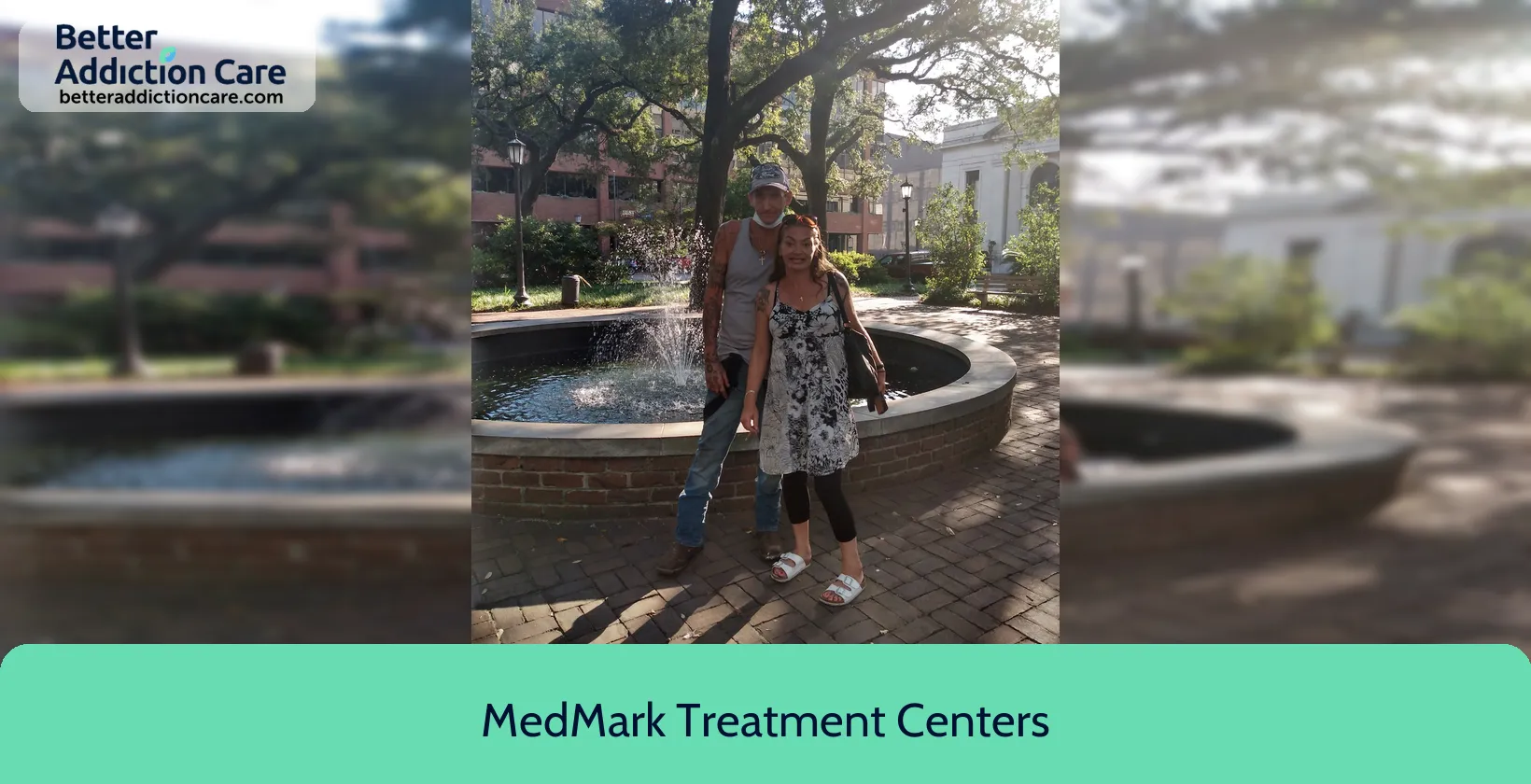
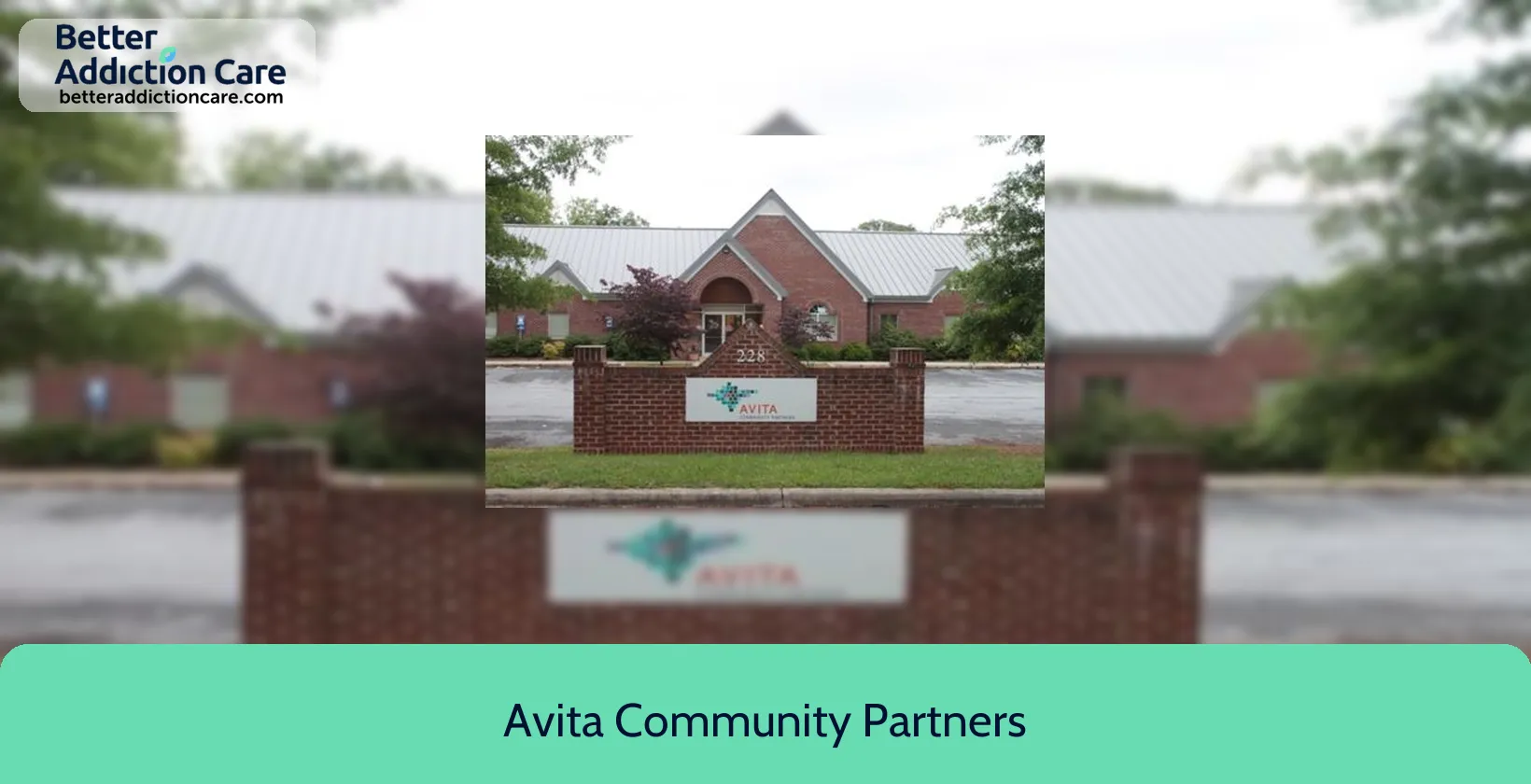

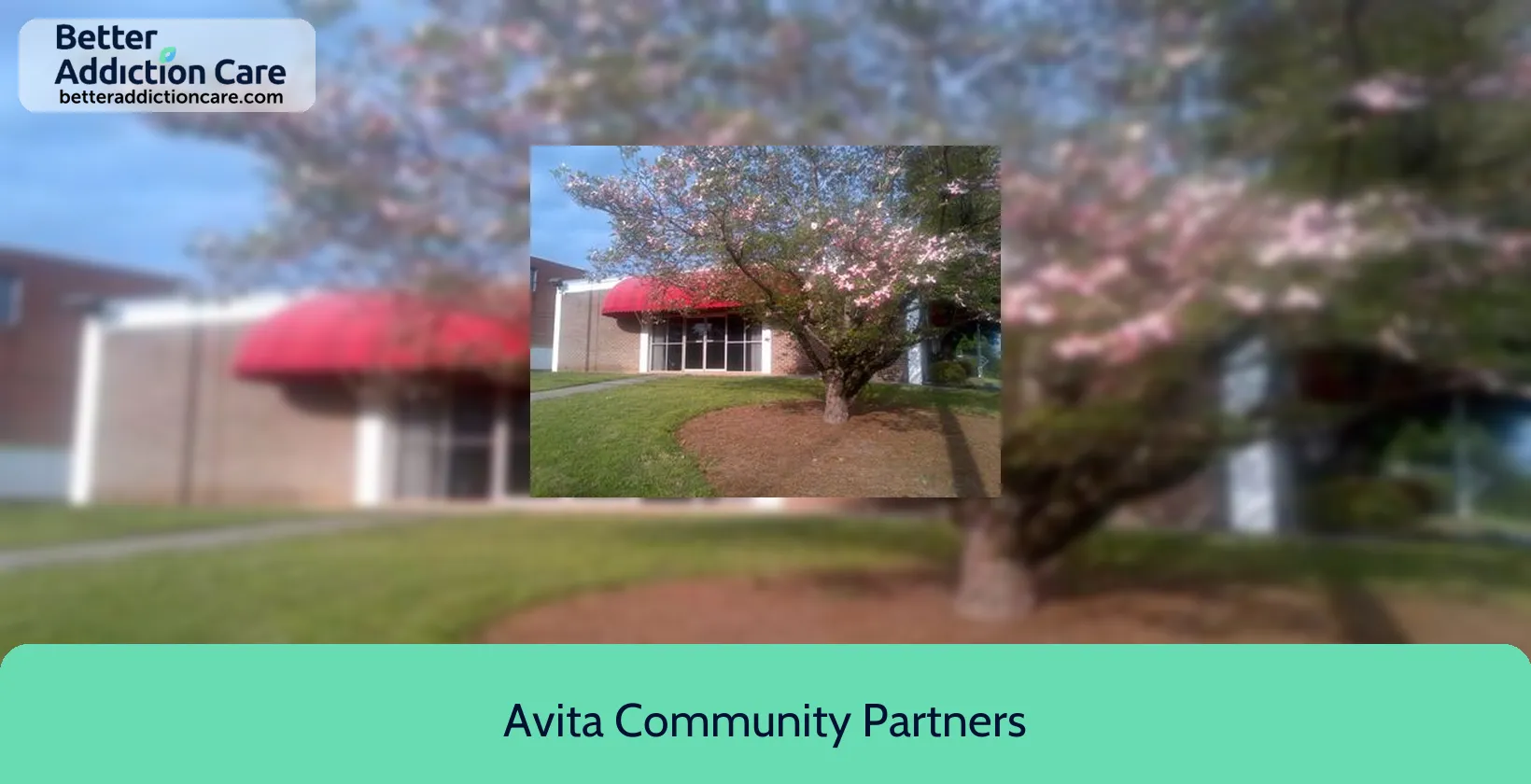
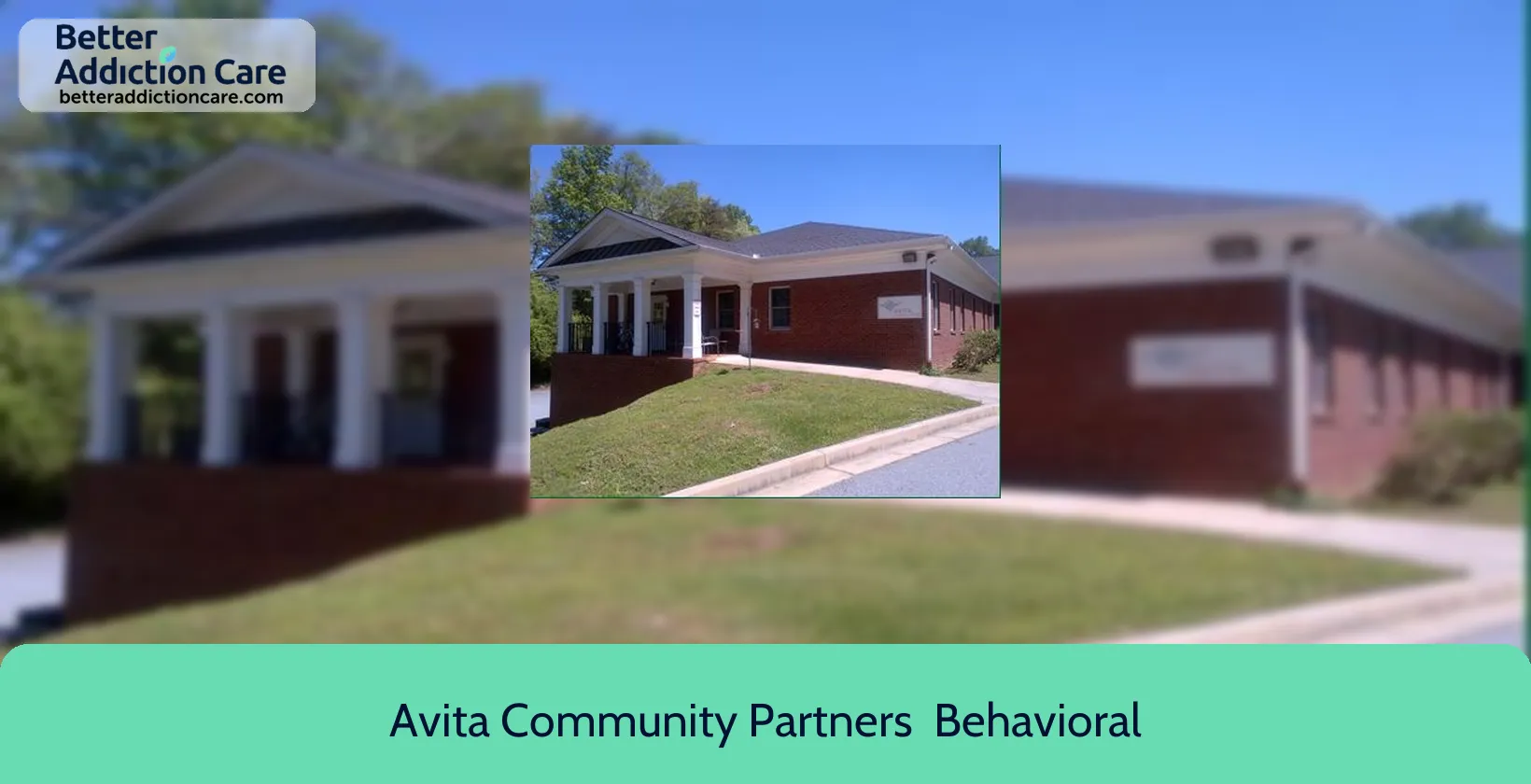

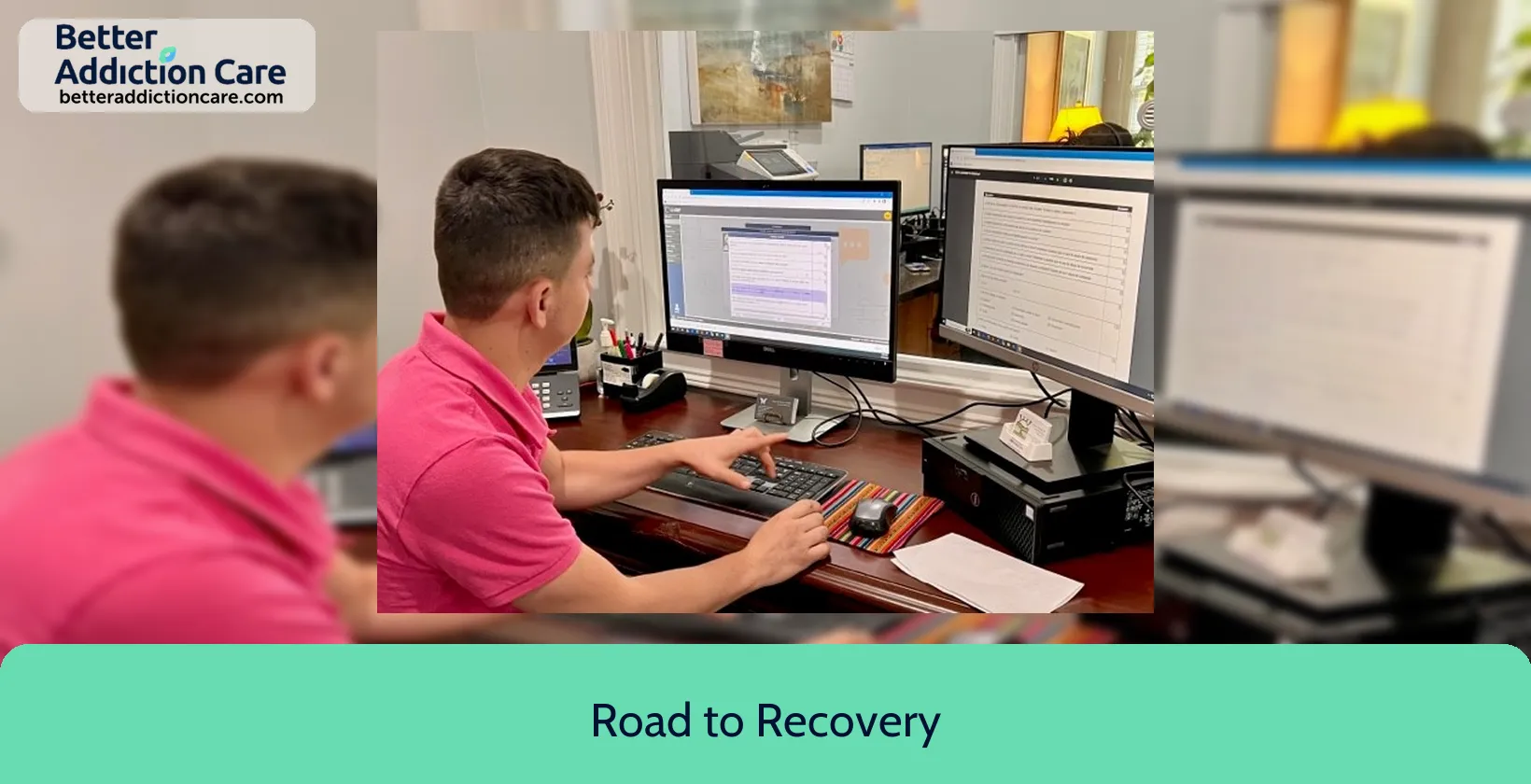
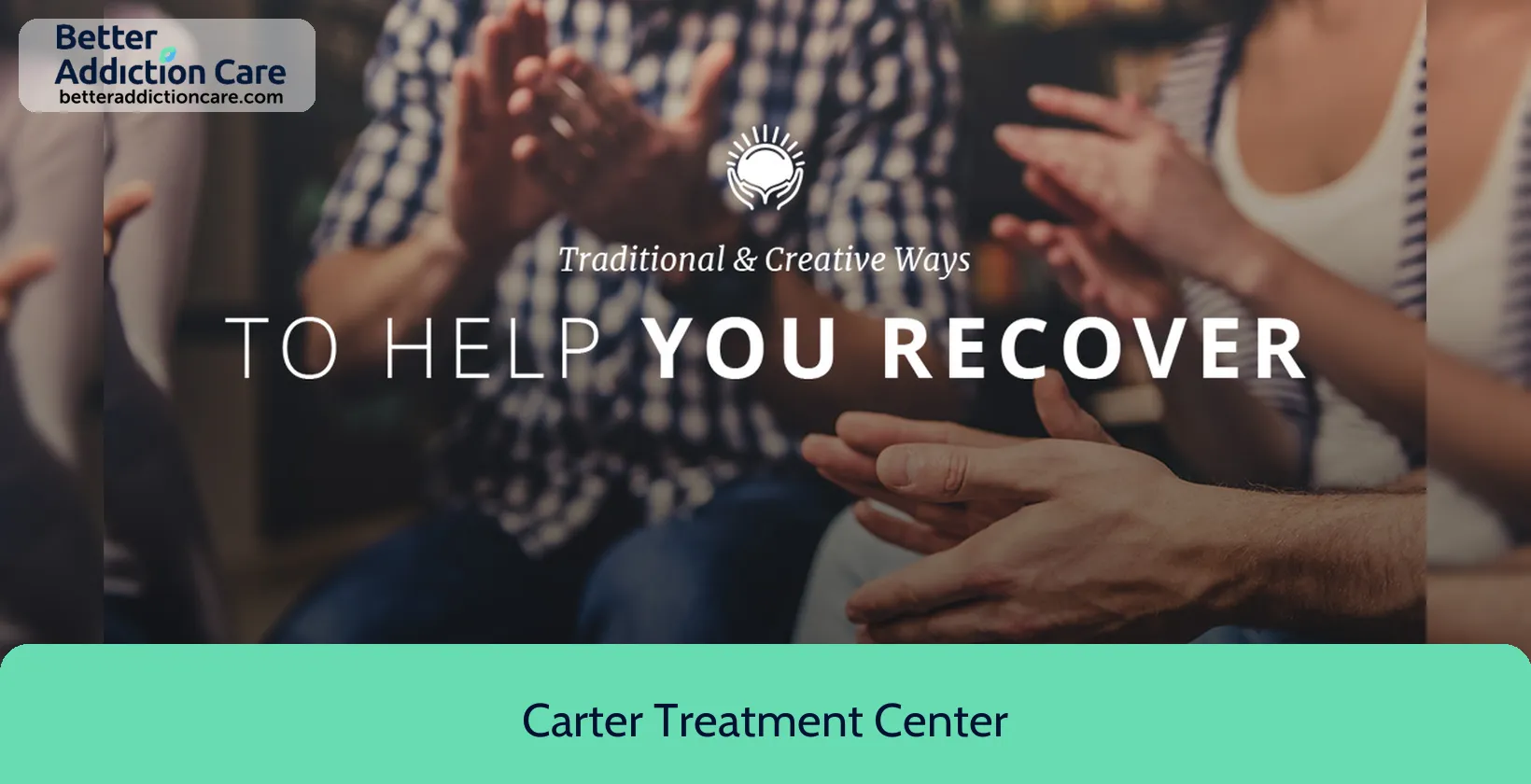

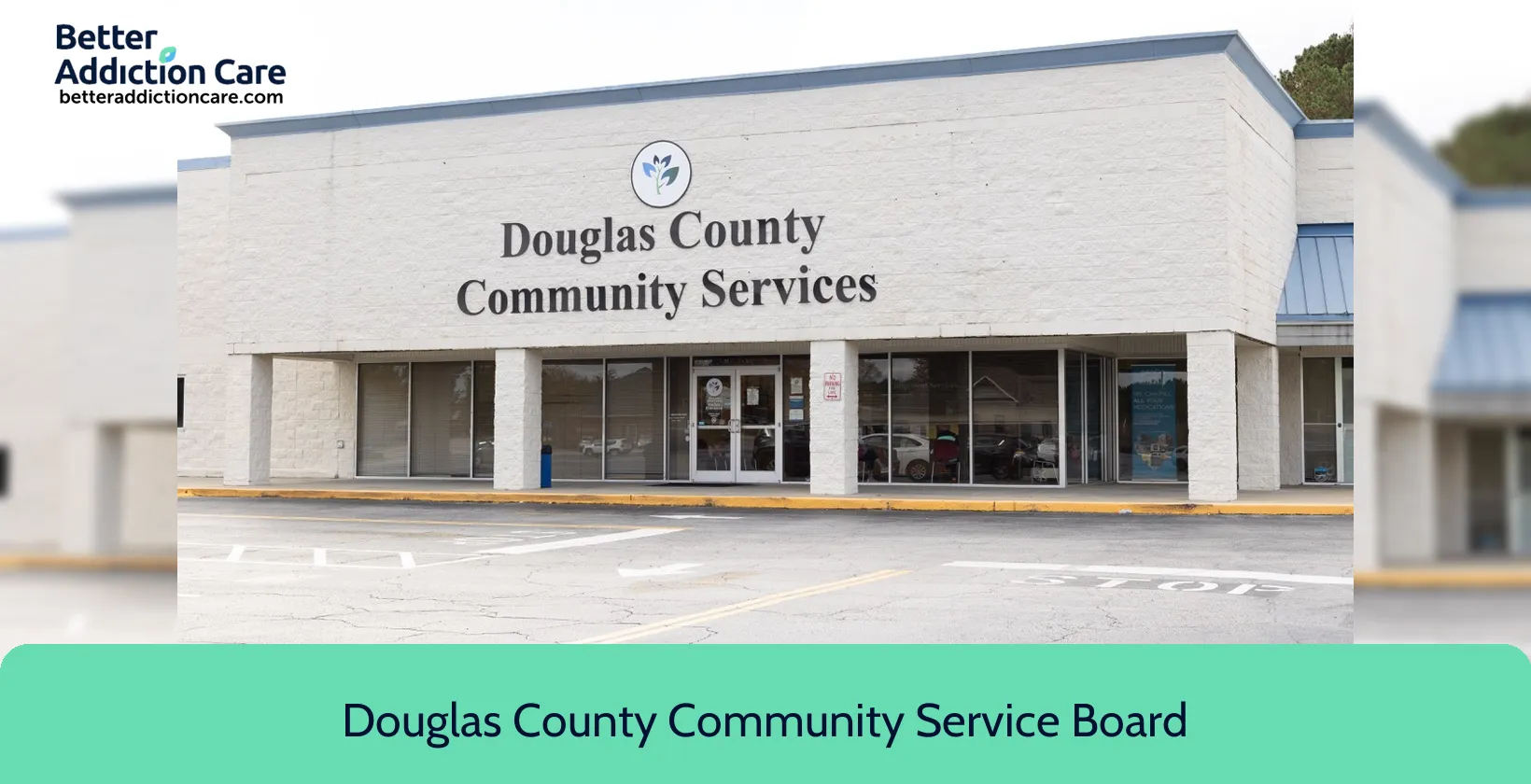



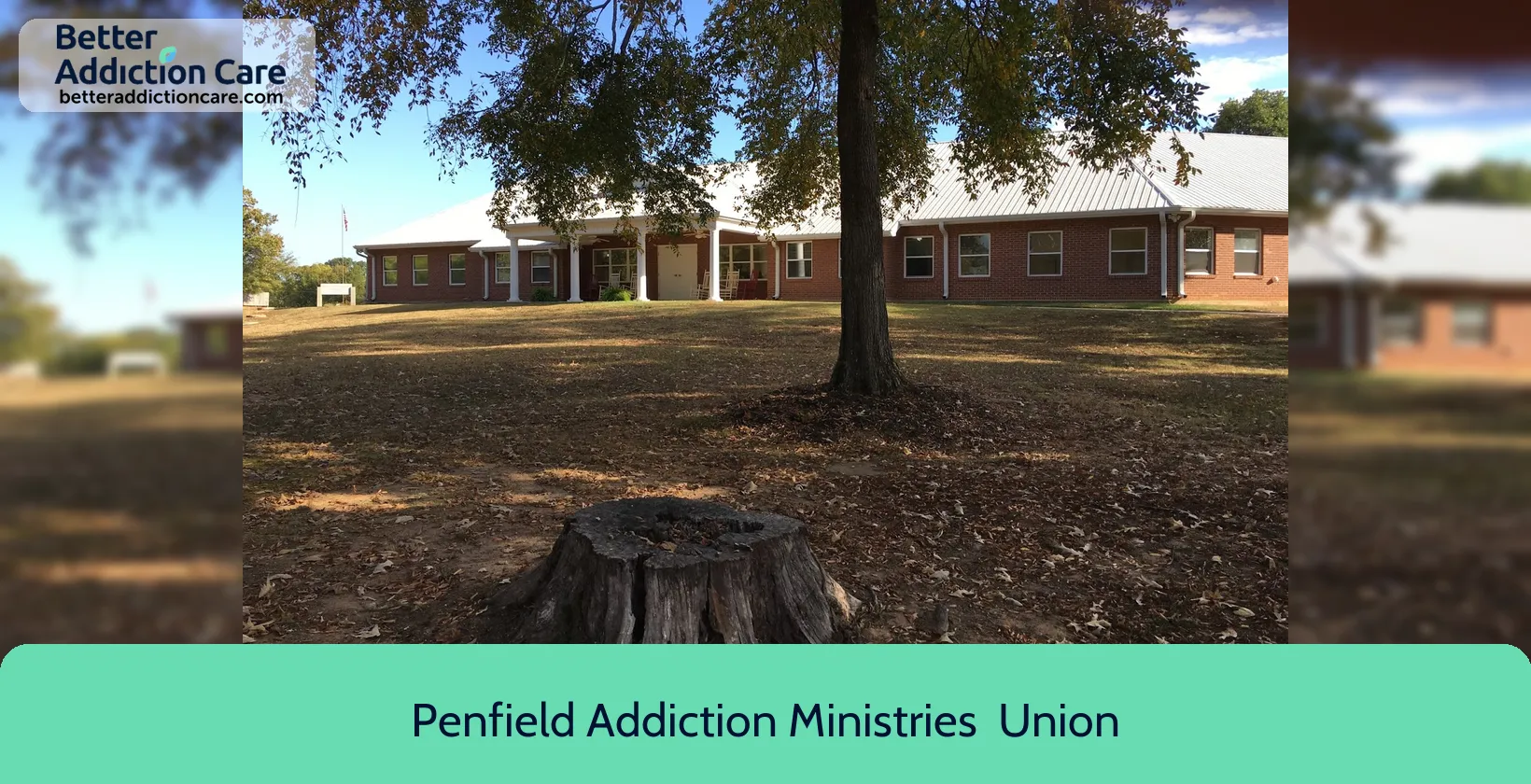
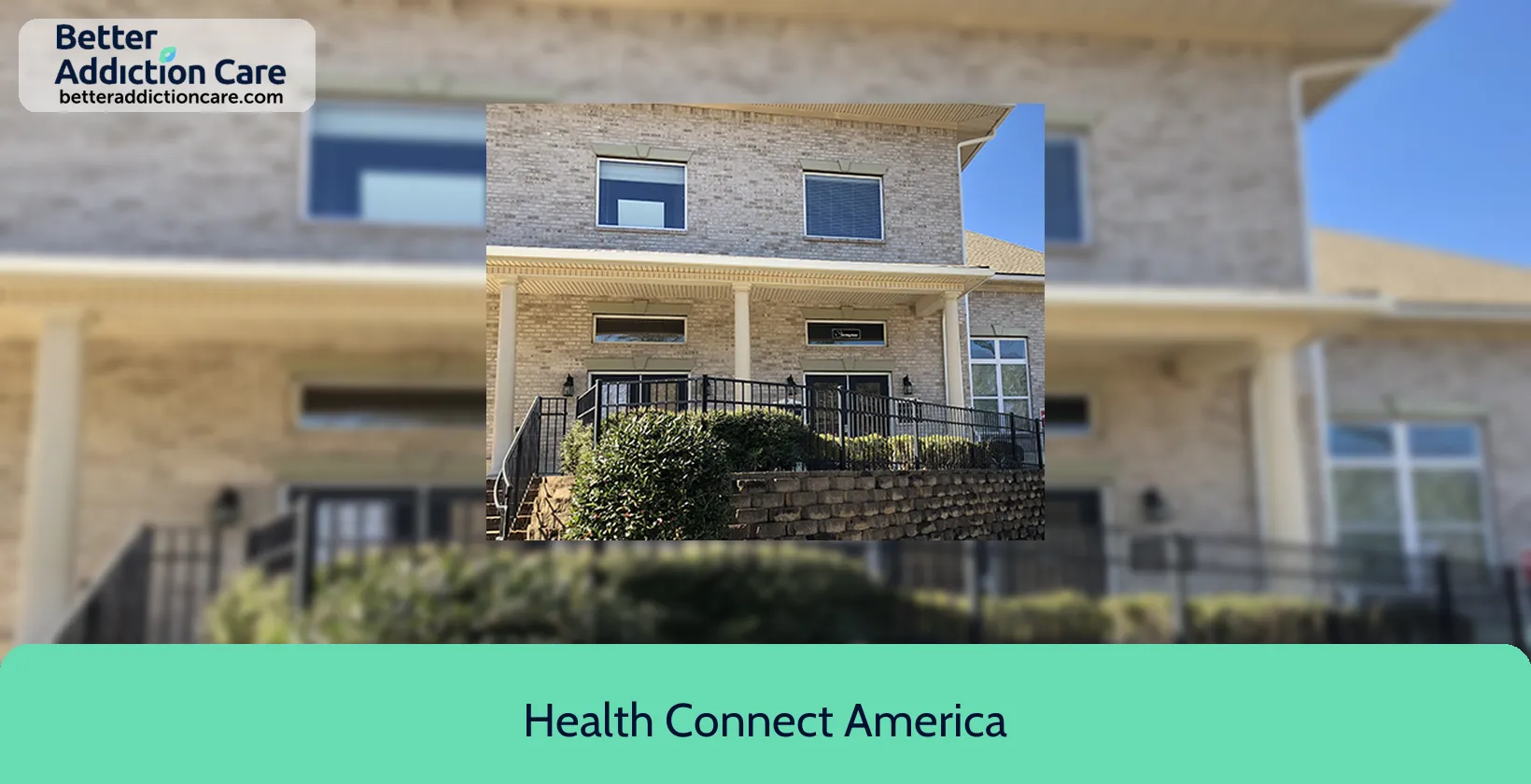
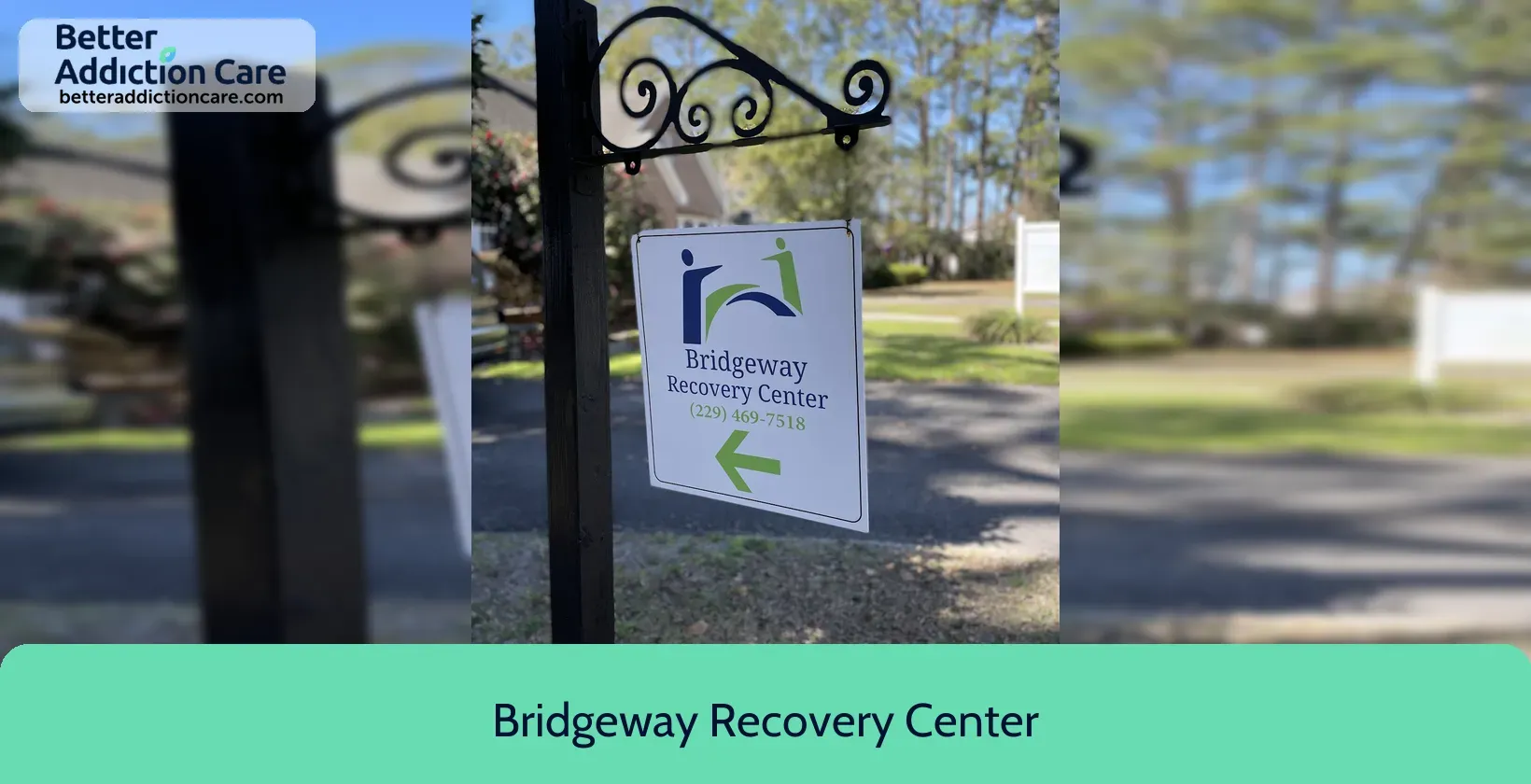



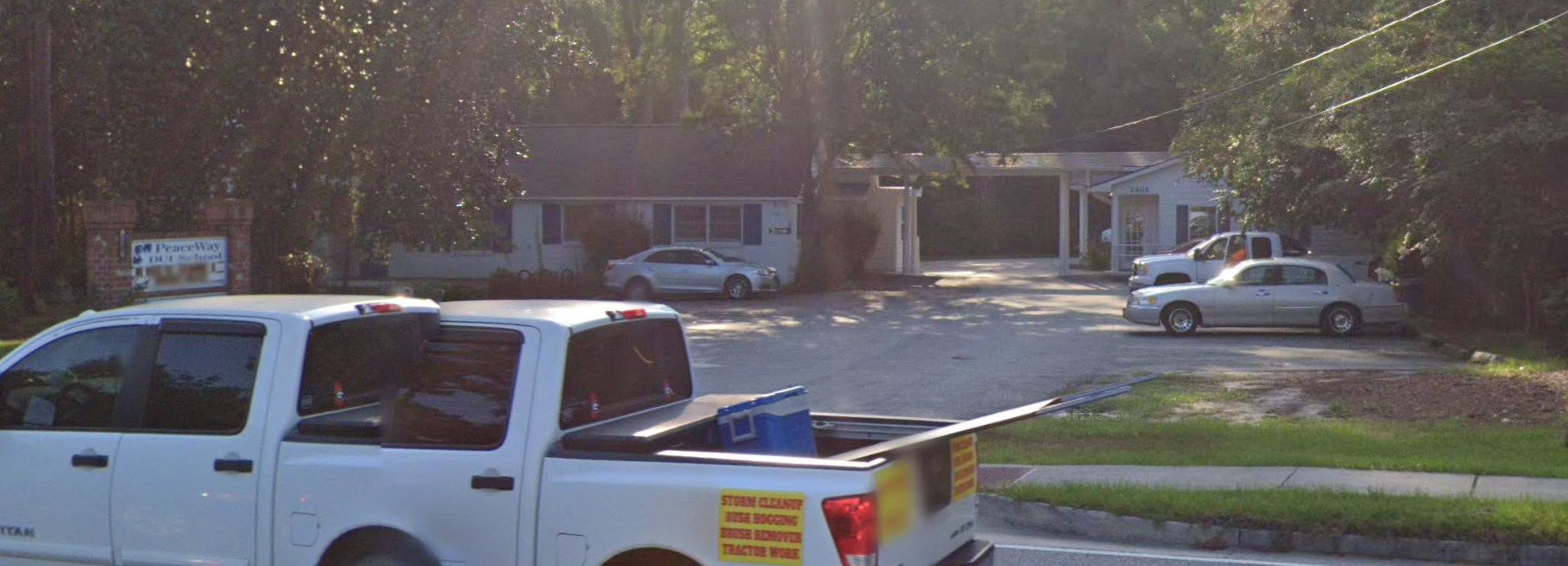





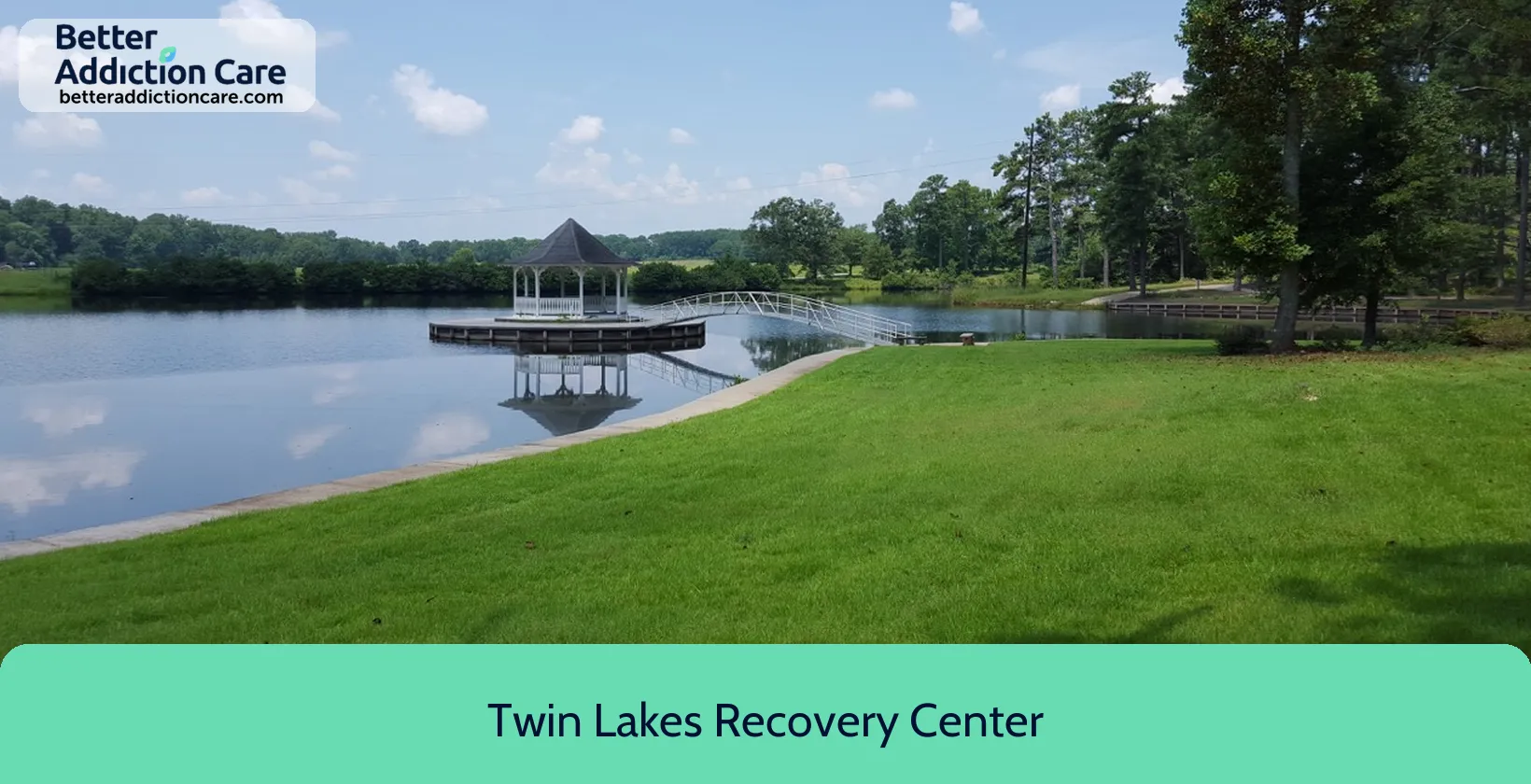

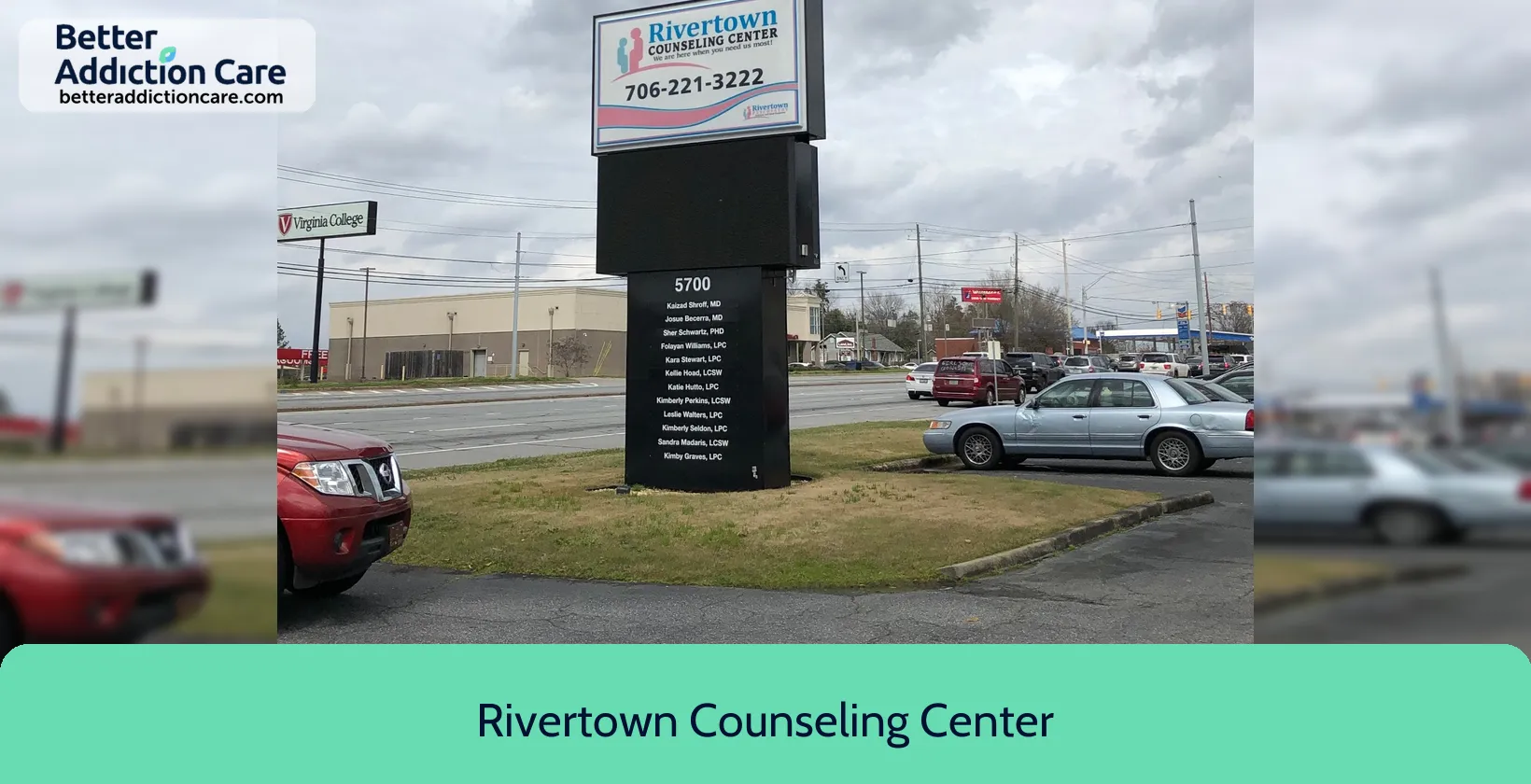








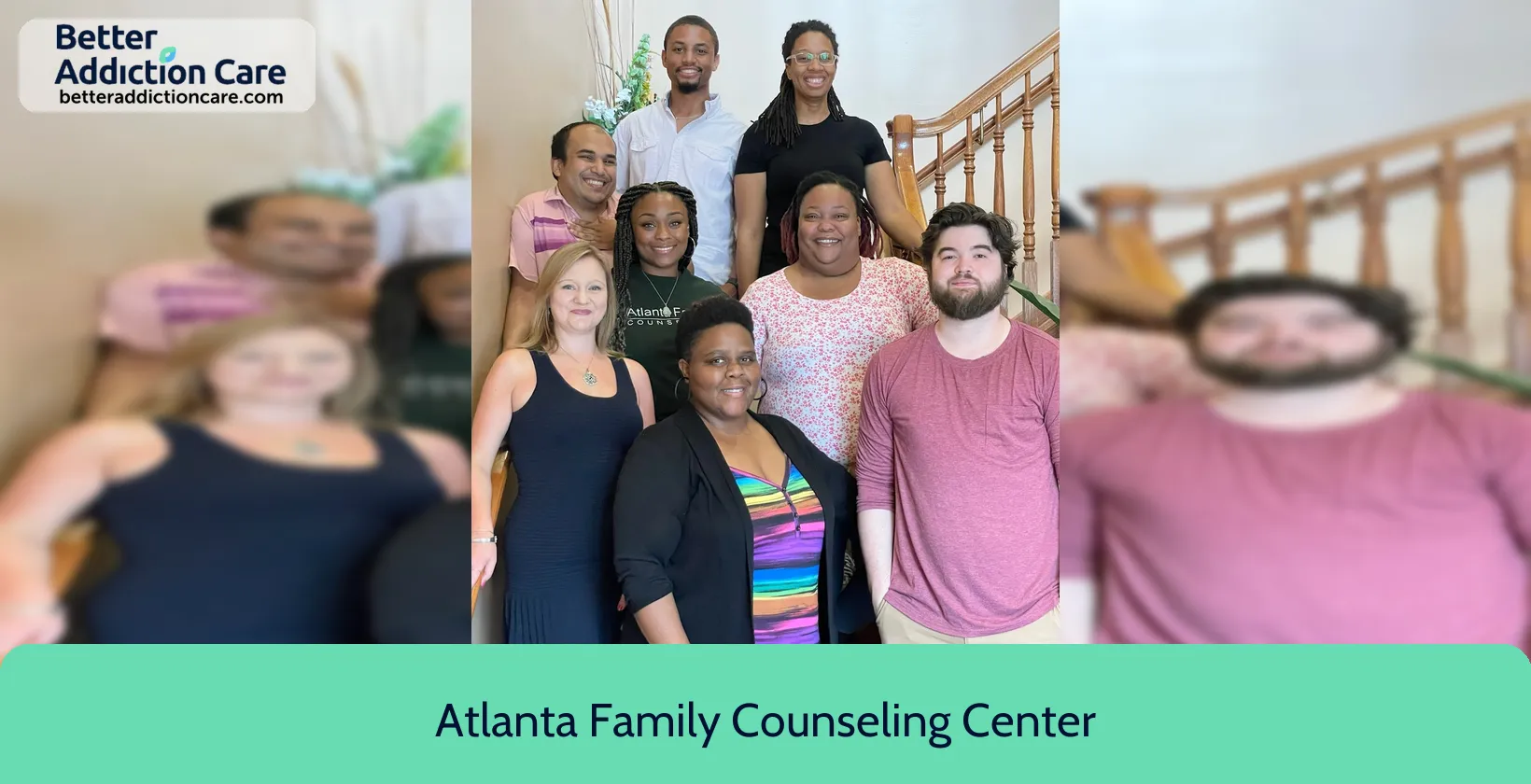

Substance Abuse Statistics for Georgia
Substance use disorder, which includes the use of illicit drugs or alcohol to the point of significant impairment or distress, has been exacerbated by the COVID-19 pandemic. Nationwide, the pandemic coincided with a sharp rise in substance use and drug-related deaths. In Georgia, drug overdose death rates more than doubled from 10.7 per 100,000 people in 2011 to 23.5 per 100,000 in 2021, reflecting the broader national trend where the rate rose from 13.2 to 32.4 per 100,000 during the same period. These statistics underscore the urgent need for continued efforts to combat substance abuse and its devastating effects on communities across Georgia.
The opioid crisis has had a profound impact on communities across Georgia, with the number of opioid-involved overdose deaths in the state increasing by a staggering 302 percent from 2010 to 2022, according to the Georgia Department of Public Health. A major driver of this increase is fentanyl, a potent synthetic opioid. From 2019 to 2022, fentanyl-involved overdose deaths in Georgia soared by 308 percent, claiming 1,601 lives in just one year. These figures highlight the severe and growing threat that opioids, particularly fentanyl, pose to public health in Georgia.
How Many Rehab Facilities Does Georgia Have?
The state of Georgia has many centers available for individuals struggling with substance abuse. There are 774 rehab centers available in Georgia, while there are other 1,010 facilities available to manage mental health disorders.
Currently, 750 rehabs in Georgia accept Medicaid, 339 rehabs accept Medicare, and 428 accept private insurance.
Substance Abuse Facilities
Substance abuse facilities in Georgia come in different types to help people with various needs. There are inpatient centers where you stay full-time and get constant care. Outpatient programs let you live at home while attending treatment sessions. Detox centers are another available alternative to help people safely go through withdrawal from drugs or alcohol.
Mental Health Facilities
Mental illness and addiction often occur together, with about half of individuals struggling with substance use disorders also experiencing conditions like depression, anxiety, or other mental health issues such as post-traumatic stress disorder (PTSD) or schizophrenia. Conversely, nearly half of those with a mental illness will develop an addiction to drugs or alcohol at some point in their lives. This combination of mental illness and addiction is known as a dual diagnosis or co-occurring disorder. When these two issues are present together, they tend to exacerbate one another, making both conditions more challenging to treat effectively. There are around 1,010 mental health centers available in the state of Georgia that can help to manage addiction and comorbid mental health issues.
How Much Do Rehab Facilities in Georgia Cost?
The average total cost of substance abuse treatment in the state of Georgia is $55,4755. The cost of rehab programs can vary significantly depending on the type of treatment and insurance coverage.
Without insurance coverage, the cost of inpatient rehab is approximately $616.39 per day. With 60% coverage, the daily cost drops to $246.56, and with 80% coverage, it reduces further to $123.28 per day.
On the other hand, outpatient rehab is more affordable, with costs around $57.00 per day without insurance. With 60% insurance coverage, the daily cost decreases to $22.80; with 80% coverage, it becomes $11.40 daily. These data are based on a 30-day program and National Center for Drug Abuse Statistics (NCDAS) data.
Types of Rehab Facilities in Georgia
Georgia offers rehab facilities to meet the diverse needs of those seeking recovery from addiction or mental health issues. The types of rehab centers available in the state include:
-
Provides 24/7 care in a structured setting
-
Ideal for people with severe addictions or those needing strong support
-
Patients stay at the facility throughout their treatment
-
Treatment usually includes therapy, counseling, and medical care
-
Offers flexibility for those needing treatment while keeping up with daily tasks like work or school
-
Patients attend scheduled sessions at the facility but live at home
-
Suitable for people with milder addictions
-
Often used as a follow-up step after inpatient care
-
Offers a more comfortable experience
-
Includes private rooms, gourmet meals, and spa services
-
Provides a personalized treatment approach
-
Focuses on privacy and comfort
-
Free or Low-Cost Rehab Centers:
-
Offers free or low-cost treatment for those who can't afford private care
-
Provides essential services like detox, counseling, and group therapy
-
Accessible to people from all income levels
-
May not have the same amenities as luxury centers
-
Important for helping those who need care but have limited financial resources
Georgia Rehab Insurance
Most insurance plans in Georgia, whether through private providers or government programs like Medicaid and Medicare, offer varying levels of coverage for these essential services. Your plan's specifics, such as whether inpatient or outpatient care is emphasized and any pre-authorization requirements, are key to managing your treatment effectively.
Choosing a rehab facility also depends on whether it is in-network with your insurance provider, which can significantly impact out-of-pocket costs. In-network facilities typically lower expenses, while out-of-network services may be more costly. Understanding your plan’s deductible, copayments, and coverage limits beforehand can help you avoid unexpected financial burdens.
With many insurance options available in Georgia, it's important to research and speak with your provider to clarify your coverage. This ensures you can access the necessary rehab services without undue financial stress, allowing you to focus on recovery. Some insurance companies that provide rehab coverage in Georgia are:
-
Medicare (for eligible individuals)
Choosing the Right Rehab Center in Georgia
Choosing the right rehab center is crucial for effective treatment and long-term recovery. Here are some key factors to consider when selecting a rehab center in Georgia:
-
Choose the right location, and consider proximity and environment.
-
Evaluate costs and financing programs or insurance coverage.
-
Ensure professionals and institutions are accredited and licensed. (For example, the Joint Commission Accreditation, Commission on Accreditation of Rehabilitation Facilities (CARF), or Georgia Department of Behavioral Health and Developmental Disabilities)
-
Check for the success rates.
-
Check for reviews and punctuation of other people.
-
Look for specialized programs adapted for you.
-
Search their treatment philosophy.
-
Make an initial consultation.
Explore the Best Georgia Rehabs
Choosing the best rehab center in Georgia involves evaluating several key factors to ensure a supportive and practical recovery experience. Consider the center’s location, how it fits with your lifestyle, and the cost and insurance coverage to manage financial aspects. These steps will help you find a rehab center in Georgia that best supports your path to recovery.
In conclusion, the best rehabs utilize evidence-based therapies and provide strong aftercare support, delivering effective long-term recovery. Additionally, they create a safe and comfortable environment conducive to healing and transparent communication with patients and their families.
Local Rehabs in Georgia
Common Questions About Better Addiction Care
Take a look at our FAQ. We've tried to fill it with all the answers you're looking for. And if not, contact us on (800) 429-7690.
Yes, drug addiction can indeed lead to or exacerbate other mental health disorders. The relationship between addiction and mental health is complex and bidirectional. Individuals with drug addiction are at increased risk of developing additional mental health conditions, and those with pre-existing mental illnesses may use drugs as a form of self-medication. Research suggests that the same genetic and brain regions implicated in addiction might also be involved in disorders like schizophrenia and depression.
For example, drug use, including marijuana, has been linked to the emergence of psychotic symptoms similar to those found in schizophrenia. This interaction highlights how substances can influence or trigger underlying mental health issues. The intertwined nature of addiction and mental health disorders underscores the importance of integrated treatment approaches that address both issues simultaneously.
